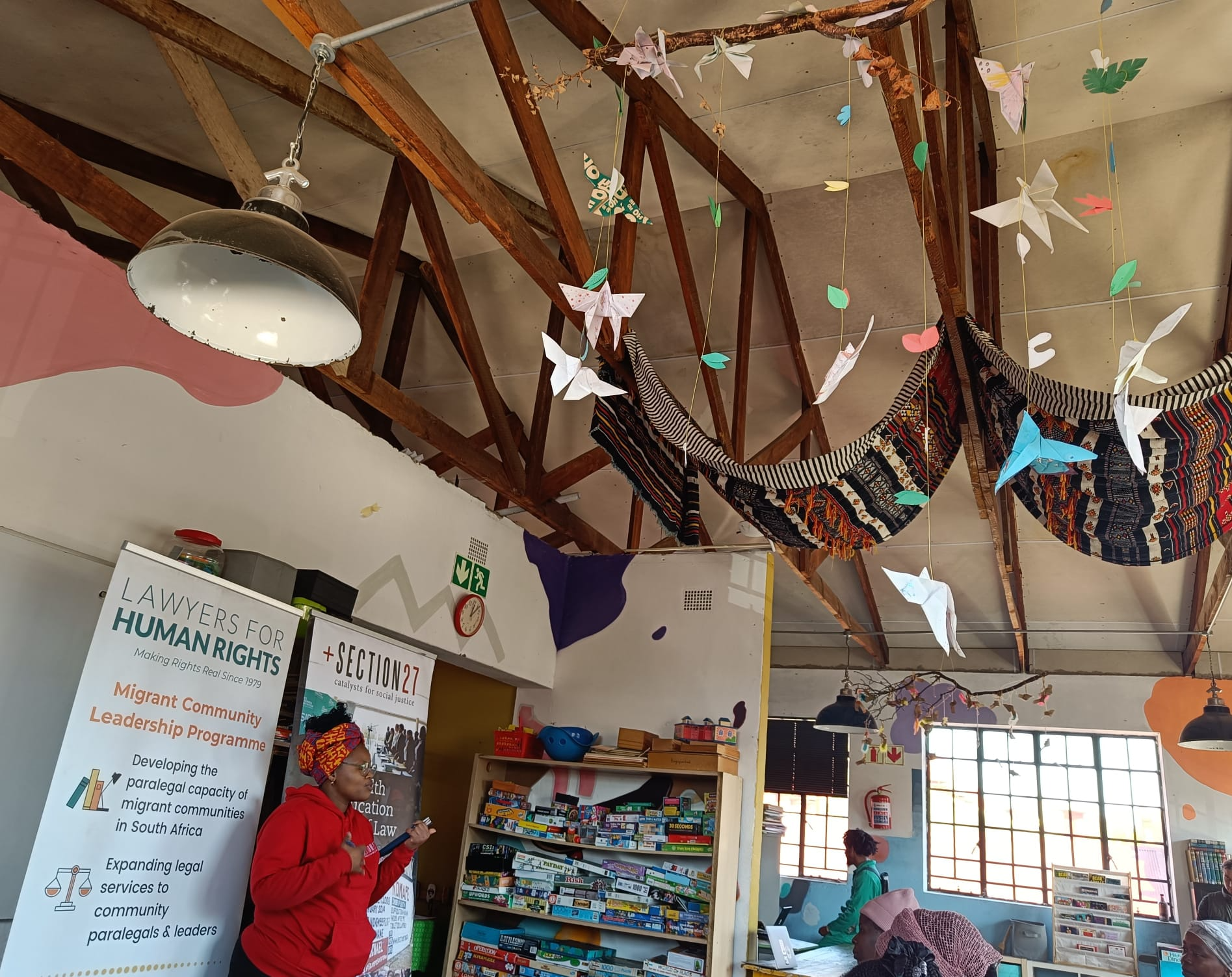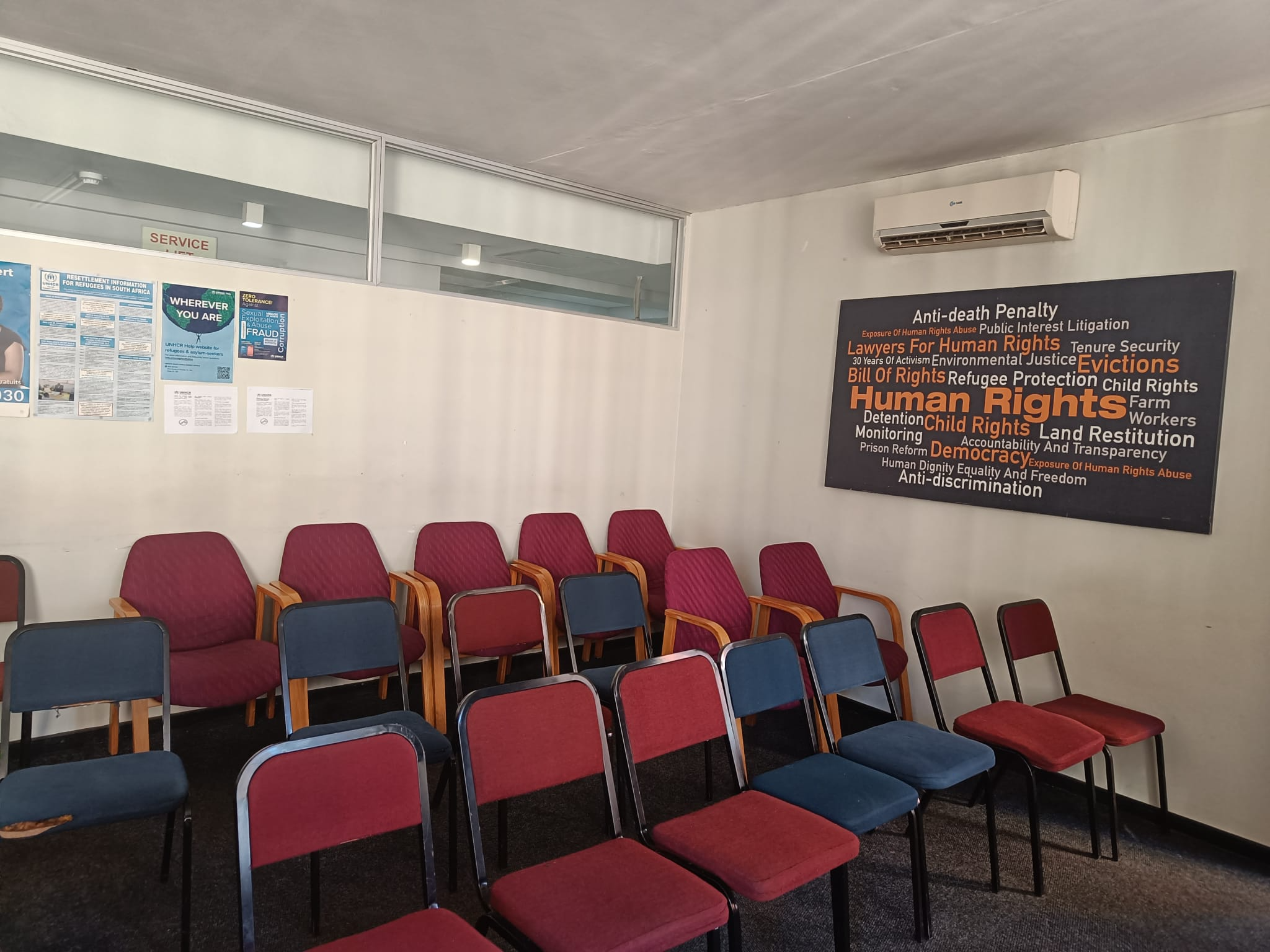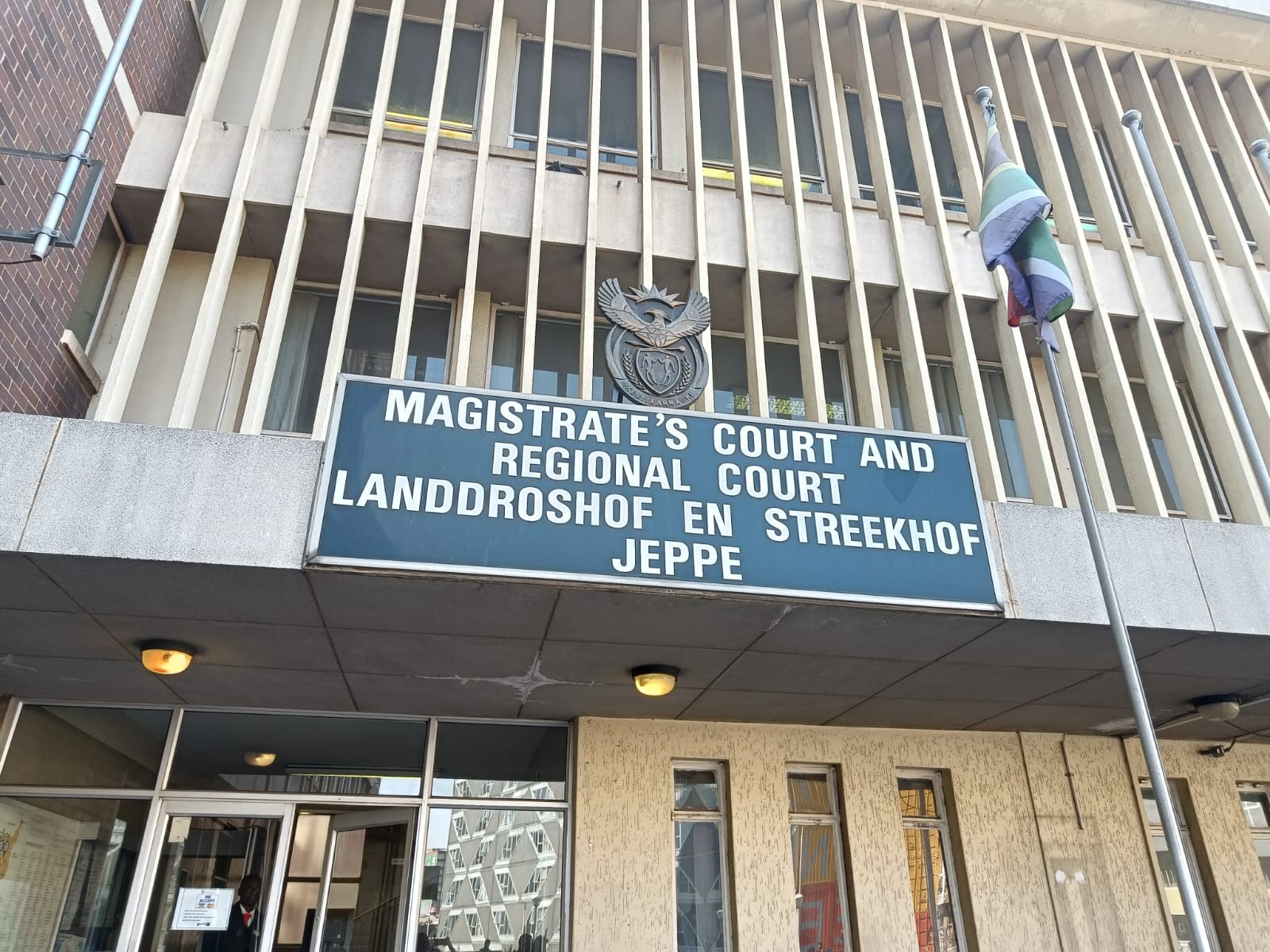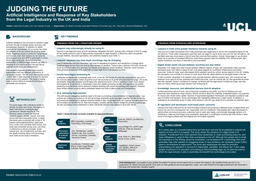Finding Humanity Beyond Borders: A Journey into Refugee Rights
“Look for something that reflects your interests” I was advised, about six weeks before I set off for Johannesburg, South Africa, to spend two months volunteering at Lawyers for Human Rights (LHR). It wasn’t easy to find the right Leadership-in-Action (LiA) project. After weeks of scrolling through endless opportunities, I finally came across Volunteer Impact, an organization that works with Arms Around the Child and facilitates volunteering missions. As a law student, I felt compelled to make use of what two years of intense study had given me: the ability to research deeply, the drive to find answers, and the tenacity to question systems. But what no class could prepare me for was the weight of sitting across from a refugee, listening to their story. The blend of rage, grief, and helplessness became something I carried with me after each day at the clinic. It wasn’t academic anymore. This was tangible, and it stayed with me.
I spent eight weeks in the Refugee and Migrant Rights Programme (RMRP) at LHR. On my first day, after some small talk with the lead attorney in the Statelessness Unit, I was given my first case: an 11-month-old baby girl, denied a birth certificate. It was such a simple thing, yet so profound. Without that document, this child didn’t exist in the eyes of the law. It was striking—how do you begin a life without an identity?

Soon after, I had my first day at the clinic. Every Monday and Tuesday, from 8:30 a.m. to 12:30 p.m., we opened our doors to refugees, asylum seekers, and migrants who had come to South Africa, fleeing war, persecution, or discrimination. Their needs varied: documents that had expired, banks refusing to serve them, schools refusing them admission. Some cases were routine, but others, like the 'must-leave' papers from the Department of Home Affairs, were more chilling. These were letters telling our client to go back to a home that may not have welcomed them.

Working in the clinic required not only legal knowledge but leadership and empathy. I often had to step up, managing the flow of clients and helping to triage cases when things got overwhelming. On more than one occasion, I had to make quick decisions on which clients needed urgent assistance, balancing compassion with practicality. It taught me how to keep a level head in emotionally charged situations, how to guide others, and how to be decisive when time and resources were limited.
LHR often undertakes strategic litigation, and I was soon placed on a case that opened my eyes even further to the power and the complexity of the law. I was tasked with calling over 100 people, each with their own infuriating, damning, and at times, hope-filled stories about their struggle to apply for citizenship in a country where they were born but their parents had come to as refugees. Each call was a lesson in patience, empathy, and resilience. Listening to their stories was deeply humbling, and I assisted in compiling the information that would be critical in challenging the flawed system. The case reminded me that leadership isn’t always about being in charge—it’s about being the one who listens, who collects the stories, and who fights for justice on behalf of others.
Each day brought new challenges, but with them came the overwhelming emotion of bearing witness to lives in limbo. The legal work itself was fulfilling, but the human connection was what stayed with me. The frustration of navigating bureaucratic red tape, the fear in my clients’ eyes as they handed over crumpled papers—the weight of those moments was unlike anything I’d experienced in law school.

What I learned during my time at LHR wasn’t just how to apply legal theory to real cases; I learned about resilience and survival, about the reality of displacement and statelessness. These people weren’t just names on case files—they were living, breathing reminders of why human rights law exists. The 11-month-old baby who couldn’t get a birth certificate, the man without a driver’s license, the family handed a 'must-leave' letter: these weren’t isolated incidents. They were the daily reality for so many seeking refuge in a foreign land.
As I look back on those eight weeks, I realize that it wasn’t just about applying my legal skills. It was about learning to navigate the human side of the law, the raw, unfiltered emotions that come with representing people who have been pushed to the margins. These experiences have shifted my understanding of justice and have sharpened my resolve to keep pursuing human rights work, to use the law as a tool not just for fairness, but for compassion. And perhaps, most importantly, it has taught me that leadership isn’t just about taking charge—it’s about standing with others, giving them a voice, and leading by example. This is the work I want to continue: work that acknowledges humanity before it acknowledges borders.


Please sign in
If you are a registered user on Laidlaw Scholars Network, please sign in